
Christopher Rozell
Executive Director, INNS
Julian T. Hightower Chaired Professor, School of Electrical and Computer Engineering
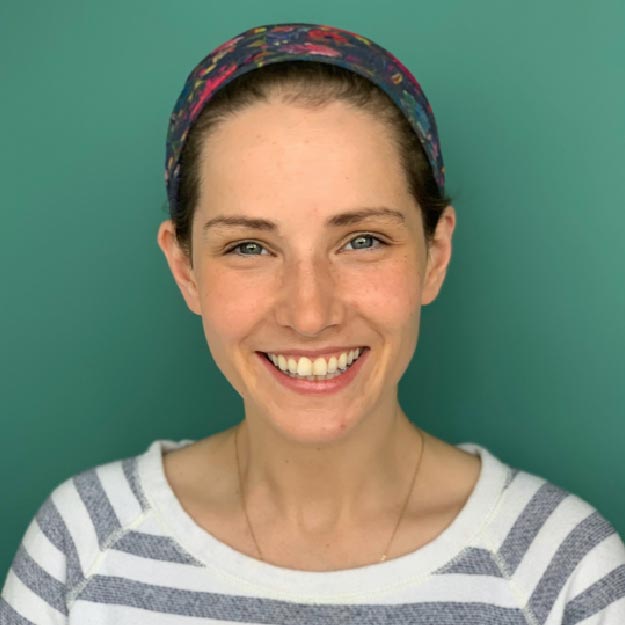
Sara Skiba
Assistant Director, INNS
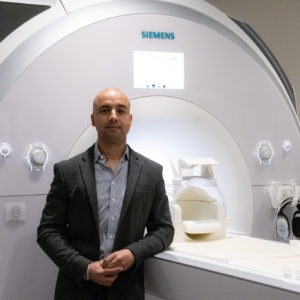
Vishwadeep Ahluwalia
Technical Director, Center for Advanced Brain Imaging
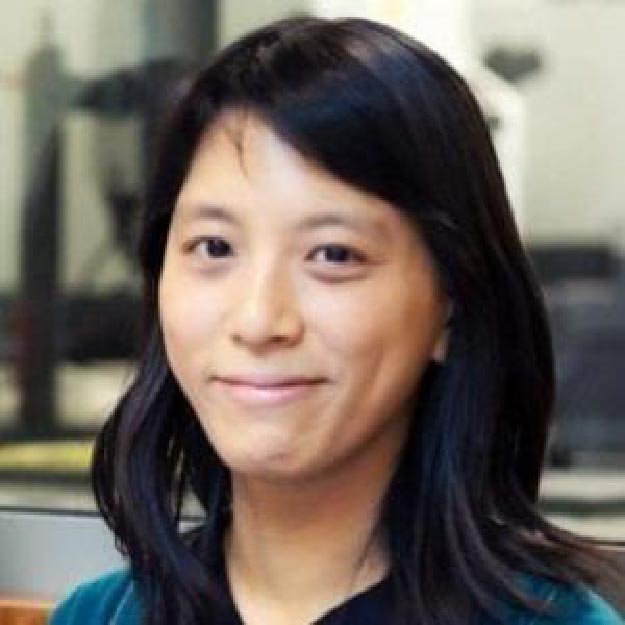
Hannah Choi
INNSight Forum Co-Director, INNS
Assistant Professor, School of Mathematics
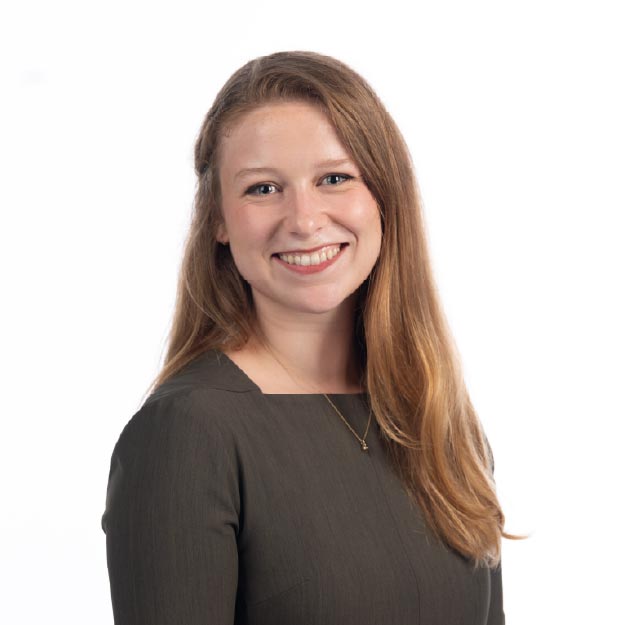
Audra Davidson
Communications, INNS
Space Research Institute
Institute Communications
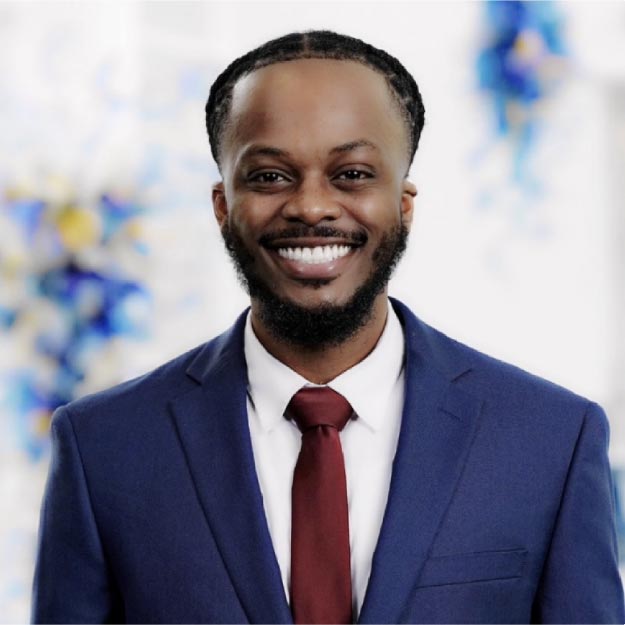
Denzel Deloach
Finance, INNS
Space Research Institute
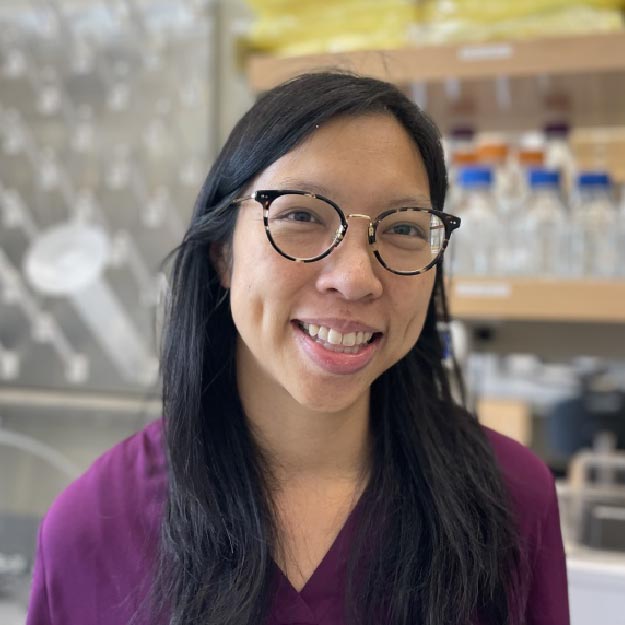
Ming-fai Fong
INNSight Forum Co-Director, INNS
Assistant Professor, Department of Biomedical Engineering
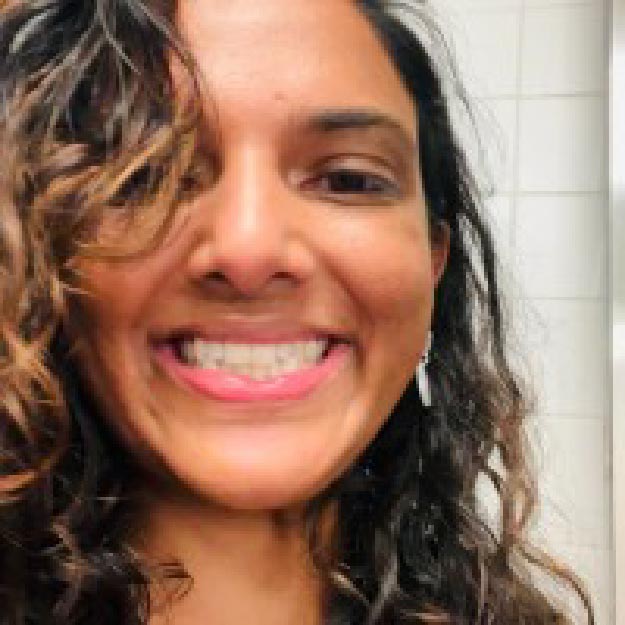
Keerthy Kishore
Industry Relations, INNS
Institute for Data Engineering and Science (IDEaS)
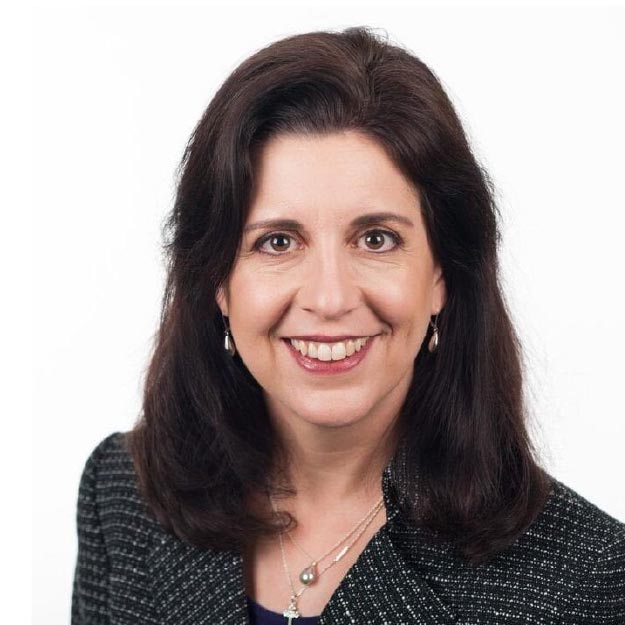
Michelle LaPlaca
Faculty Director of Strategic Partnerships, INNS
Associate Professor, Department of Biomedical Engineering
